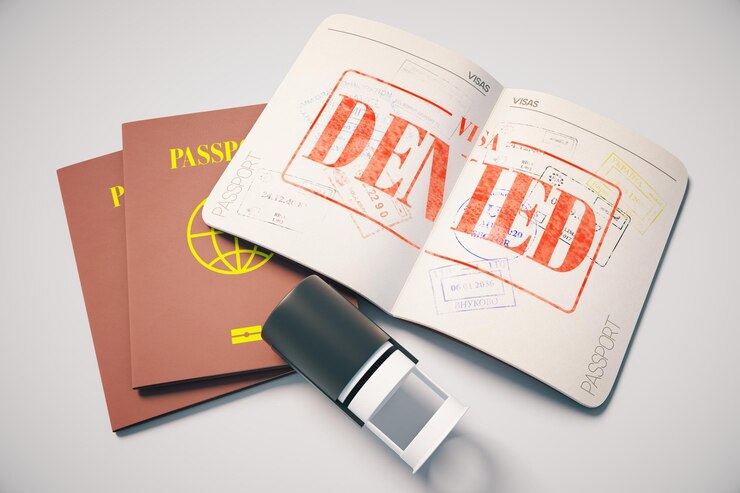If your UK visit visa is not approved, you will get a message explaining why. There can be different reasons for this. But, if you quickly do what is necessary, you might still manage to obtain your visa for visiting the UK.
What to do if your UK Visitor visa gets refused
If authorities refuse your UK visitor visa, first review the reasons for refusal. Based on the refusal grounds, you may have the opportunity to:
- Appeal the visa refusal.
- Seek a judicial review.
- Reapply for a UK Visitor visa.
- Apply for a different type of visa.
Can you appeal a visitor visa refusal?
For an appeal to work, you need to prove your visit is tied to your human rights. However, judges often say visitors can’t appeal on these grounds. They check if:
- You said your visa was for human rights reasons.
- You clearly or indirectly made a human rights claim.
- You have a human rights case.
- Your human rights claim could likely win.
- If you didn’t say your visa was for human rights in your application, it’s probably going to be hard to win your appeal.
Judicial review
If your visitor visa gets denied for reasons you think are unfair or wrong, you might ask for a judicial review. This is when a court looks over your case to see if the decision to deny your visa broke any laws, was unreasonable, didn’t follow the right steps, was unfair, or went against the Human Rights Act 1998 or EU law. However, experts usually advise against seeking a judicial review for a visitor visa refusal. This process is complicated and lengthy, and one should consider it only as a last resort.
Reapplying for a UK Visitor visa
This is a good idea if the refusal was because of small mistakes you made or because you did not give all the needed information the first time.
Apply for a different visa
If your visitor visa application was correct but still got refused for reasons you can not change, you might be able to apply for other types of UK visas instead. For short visits, consider visas like the Paid Engagement Visa or Youth Mobility Visa. For longer stays, you could look into a UK work visa, like the Skilled Worker visa or a family visa to join your partner or spouse in the UK. Depending on the visa, you might be able to extend your stay or even become a UK resident after about 5 years.
Common reasons for visitor visa refusal
Visitor visas can be denied for many reasons, such as if the Home Office thinks you:
- Might not be planning to visit,
- Don’t meet the requirements,
- Don’t have enough money or a place to stay.
Genuine visitor
When you apply for a UK visitor visa, you can come to the UK for things like vacation, seeing friends or family, helping a charity, going to an interview, study a little bit, or getting medical treatment.
But, if the UK Home Office thinks you are not planning to visit for these reasons, they can say no to your application. This might happen if they think you plan to stay in the UK longer than your visa permits, you’re coming for a prohibited reason, or you’re attempting to use the visitor visa to live in the UK.
To decide if you’re coming as a visitor, the Home Office will look at:
- Your situation, including your past travels and visa use.
- If you have strong connections, like family or a job, back in your home country.
- The reasons you have given for wanting to come to the UK.
- If what you say in your application matches what any sponsor of your trip says.
Suitability requirements
The Home Office might deny your visitor visa if you:
- Were deported from the UK before,
- Went to prison (they will look at what you did, how long you were in when you got out, and if you often break the law),
- We’re part of a fake marriage,
- Gave the Home Office false info or documents before,
- Didn’t give enough information, or
- Owe £500 or more to the NHS.
Sufficient funds or accommodation
Your visitor visa might be denied if you do not have enough money for your trip or a place to stay. If needed, you can get help from family, friends, or others you know well personally or through work to support you while you are in the UK.

